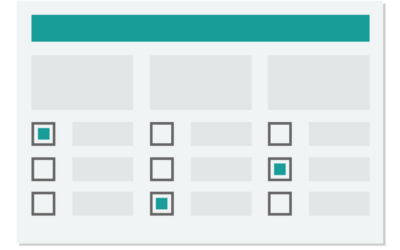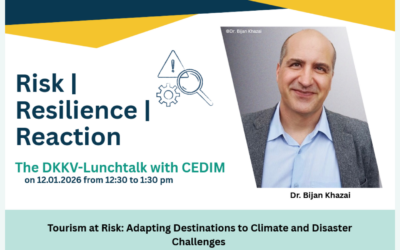Parliamentary Evening
“Not alone with crises and catastrophes” – this was the motto of the parliamentary evening on successful risk communication at the end of the exhibition “#Krisenalltag – Kommunikation in der Pandemie” in Berlin.
© Laurin Schmid / bundesfoto
How can communication succeed in times of crisis? This was the topic of a parliamentary evening organized by the German Committee for Disaster Reduction (DKKV) together with the Federal Office of Civil Protection and Disaster Assistance (BBK) and the Federal Institute for Risk Assessment (BfR) on October 12, 2023. The appropriate setting was provided by the Berlin Museum of Communication, where at the time of the event the exhibition “#Krisenalltag – Kommunikation in der Pandemie” offered further insights into the topic.
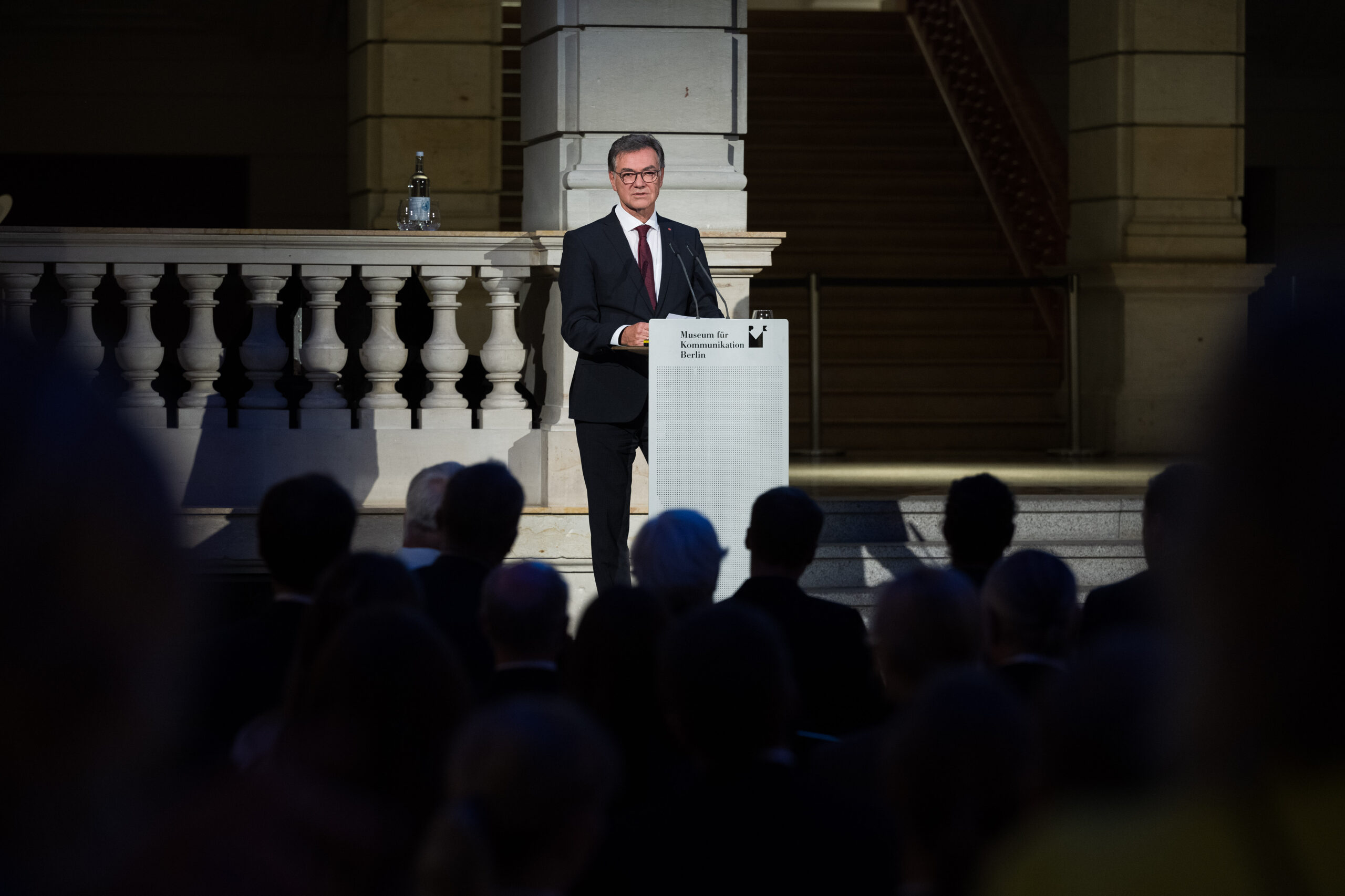
© Laurin Schmid / bundesfoto
The invited guests from politics, administration, science and civil protection were welcomed by the director of the museum, Anja Schaluschke, and by the president of the BfR, Professor Dr. Dr. Andreas Hensel. BBK President Ralph Tiesler also addressed the participants, drawing attention to the need for successful risk communication: “The question of how communication can succeed in a crisis touches on the question of crisis management itself. We need to involve people even more so that they do not feel at the mercy of crises, but remain capable of taking action.”

© Laurin Schmid / bundesfoto
In this context, DKKV Chair and Member of the Bundestag Leon Eckert pointed out that the population itself is the most important actor in coping with crises. In his opinion, only good risk communication could make people fit for possible extreme situations. Leon Eckert also added that risk and crisis communication always had to be adapted to current developments and structurally improved.
DKKV promotional Award Ceremony
In the course of the Parliamentary Evening, the award ceremony of the DKKV Sponsorship Award from this and last year also took place. Albrecht Broemme held a speech on behalf of the THW Foundation, which supported the DKKV Sponsorship Award in 2022, about the winners from last year. The winners of the DKKV-Förderpreis 2023 were honored by Sabrina Bagus, this year’s jury member and representative of the German Red Cross as this year’s supporting institution. Both speakers pointed out the importance of young professionals in the field of disaster risk management and the outstanding quality of the final theses of the winners. In order to give the audience a thematic insight into the theses, a short film was produced in which the theses were presented. You can watch the short film here. The joint press release of the organizing institutions can be found here.
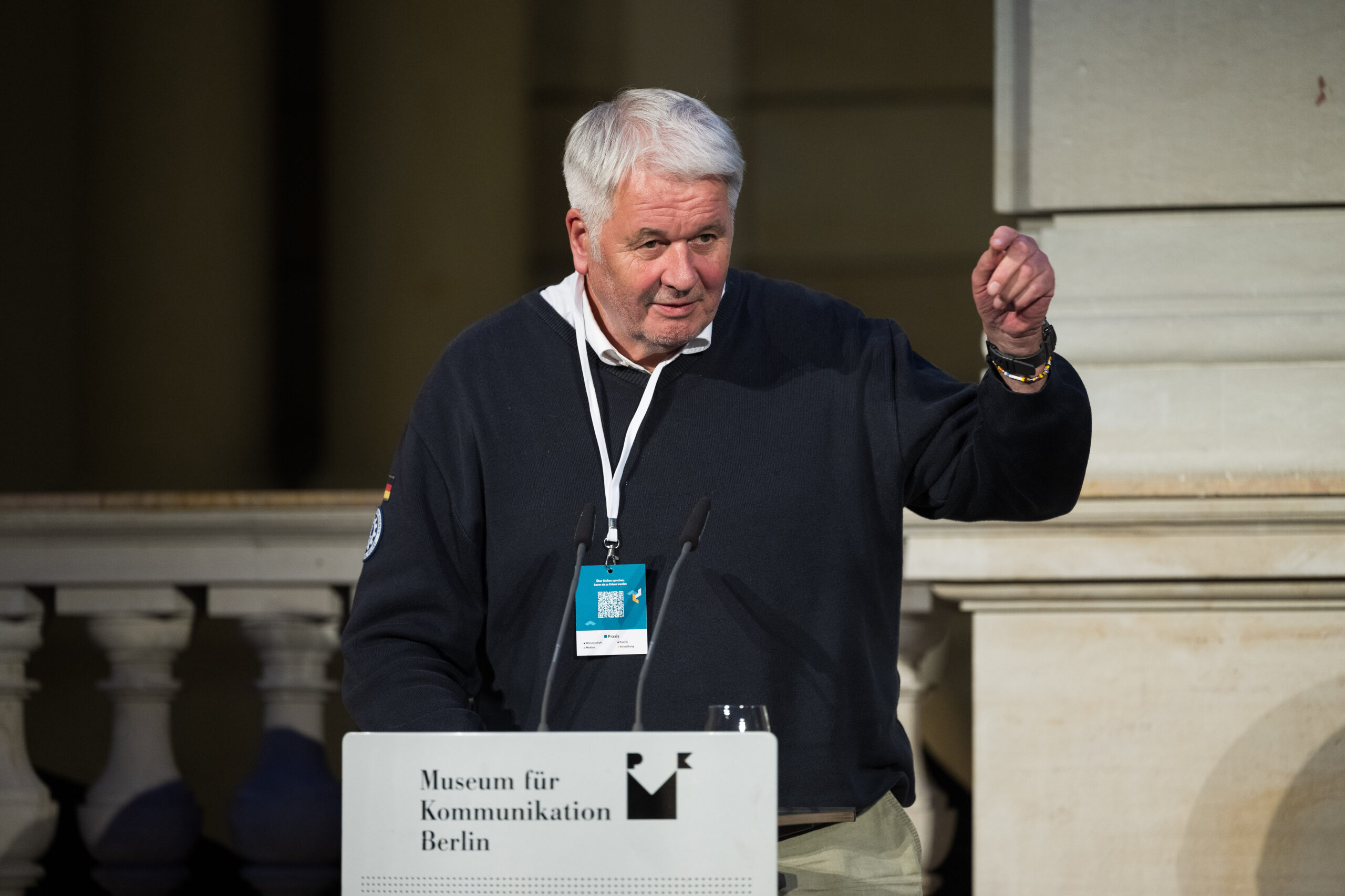
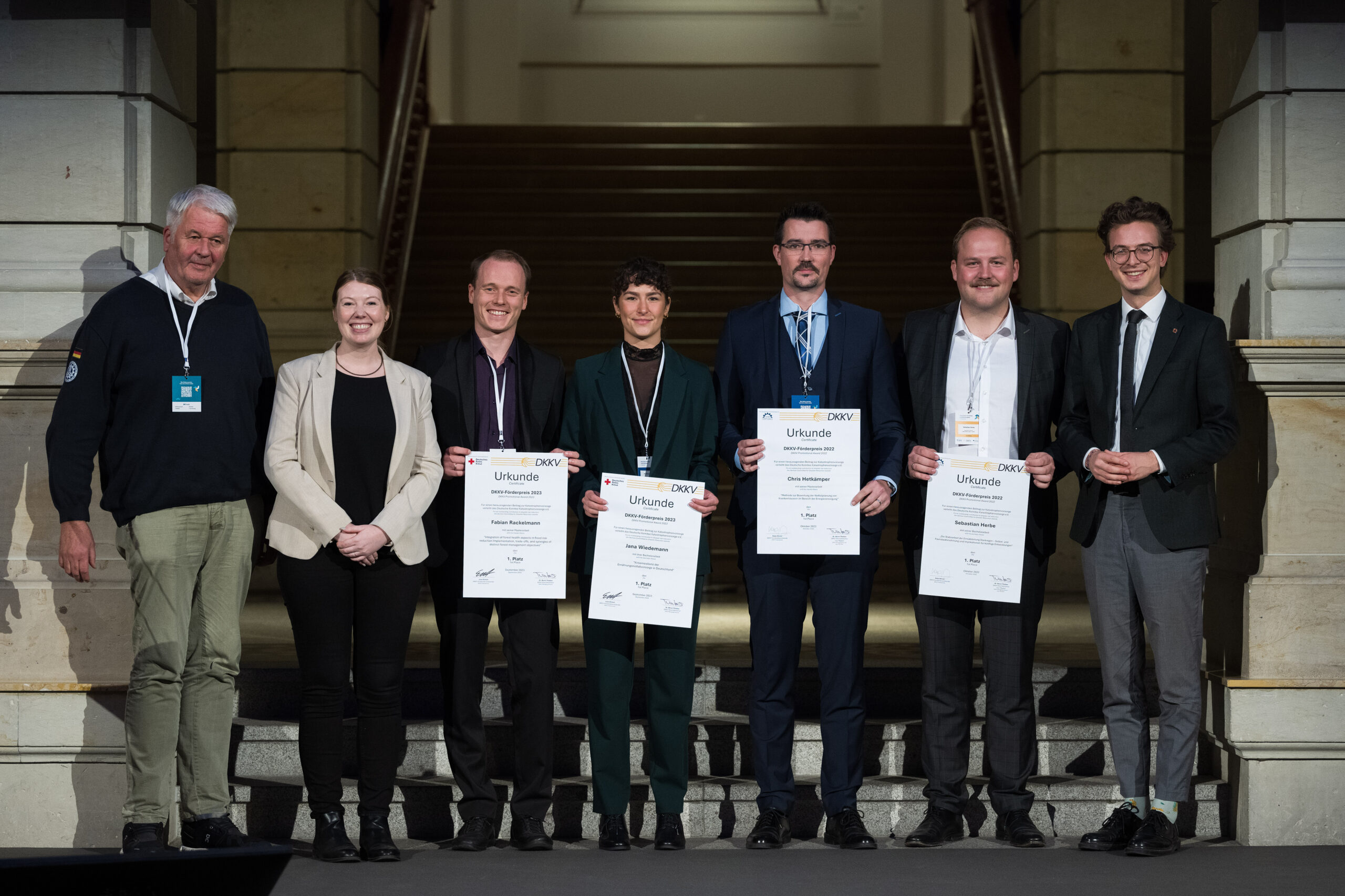
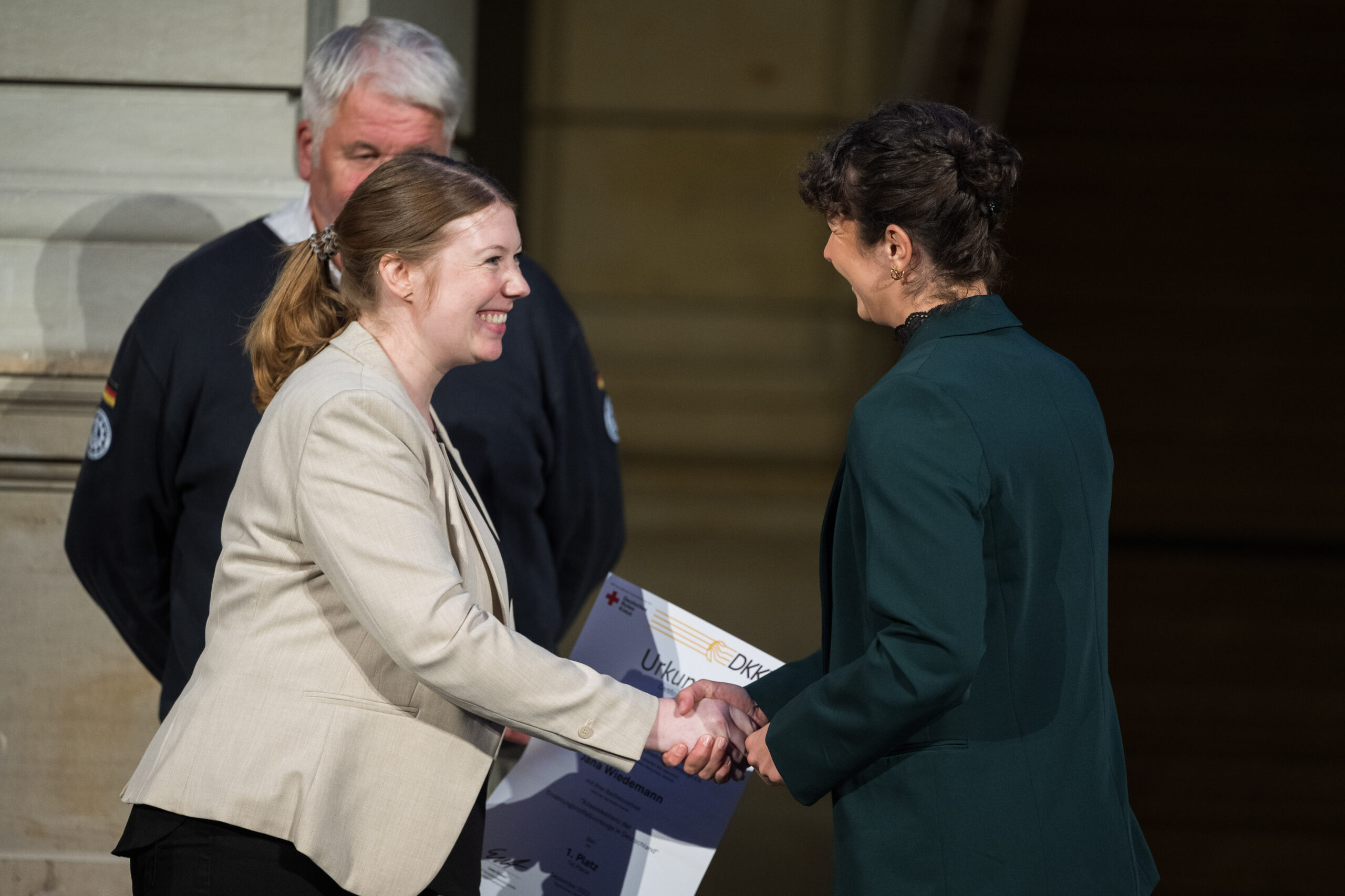
Jana Wiedemann
Jana Wiedemann, graduate of the Berlin School of Economics and Law, receives the DKKV Sponsorship Award 2023 in the Bachelor’s category for her outstanding thesis entitled.
“Crisis resilience of emergency nutrition preparedness in Germany”.
In her thesis, Jana Wiedemann deals with the resilience of emergency food preparedness in Germany, which is becoming increasingly important in light of the Corona pandemic and Russia’s war of aggression on Ukraine. For this purpose, she conducts document analyses and interviews with experts within the framework of a case study. In addition to the crisis management of the actors, current challenges, problems and approaches to solutions will be addressed. The results are classified and evaluated on the basis of theoretical core capabilities of resilience. The basis for this is the resilience model of the Frauenhofer Institute.
Fabian Rackelmann
Sebastian Herbe
Graduate of the Akkon University of Human Sciences Berlin, receives the DKKV Promotional Award 2022 in the category Bachelor for his outstanding thesis titled
“Die Stabsarbeit der Einsatzleitung Starkregen – Selbst-und Fremdwahrnehmung und Implikationen für künftige Entwicklungen“
Sebastian Herbe dealt with the flood disaster in July 2021, which represented a peak result for German civil protection. Within the framework of the research project, 17 experts, who were active as leaders in staffs or in subordinate leadership levels in the operational command of heavy rain, were interviewed in order to identify reasons for a deviating self-perception and causes for the inadequate functioning of the leadership system. The objective of the research project was to explore the reasons for a deviating self-perception and perception by others of the staff work of the storm surge management, to reveal problem areas, and to derive implications for future developments of the established management systems from the findings obtained.
Chris Hetkämper
Graduate of the Technical University of Cologne, receives the DKKV Promotional Award 2022 in the Master’s category for his outstanding thesis titled
“Methode zur Bewertung der Notfallplanung von Krankenhäusern im Bereich der Energieversorgung”
In his work, Chris Hetkämper dealt with the question of how emergency planning for energy supply in hospitals can be evaluated. The work developed a method that provides hospital operators with a way to evaluate and optimize their existing emergency planning in the area of energy supply. Technical and organizational aspects as well as vulnerability were considered as framework parameters in order to avoid a failure of the emergency power supply due to damaging events.
Here you can find more information about the Young Professionals and the DKKV Promotional Award.
interactive simulation game
Guests were also able to engage with the challenges of risk and crisis communication as part of an interactive business game on a fictitious winter storm. The event also presented the first results of the extensive MIRKKOMM research project, which also formed the core of the museum exhibition #Krisenalltag. MIRKKOMM stands for an association of researchers from the fields of communication and media science as well as law, who are investigating questions of knowledge transformation and multimodal risk and crisis communication using the example of the COVID-19 pandemic.
Following the event, the social program gave participants the opportunity for networking and professional exchange. Thus, one could get information on civil protection at various information booths, visit the exhibition #Krisenalltag or engage in a dialogue during an interactive dice game.

“The population itself is the most important actor in crisis management. Our task is to make the people in our country fit for possible extreme situations with good crisis communication. That’s why it’s important that we shed light on crisis communication, adapt it to current developments and thus improve it structurally.”
“The Covid 19 pandemic has highlighted the importance of clear and understandable risk and crisis communication. The data from the research project can be used to make communication strategies and messages even clearer, more effective and more efficient in upcoming crises.”
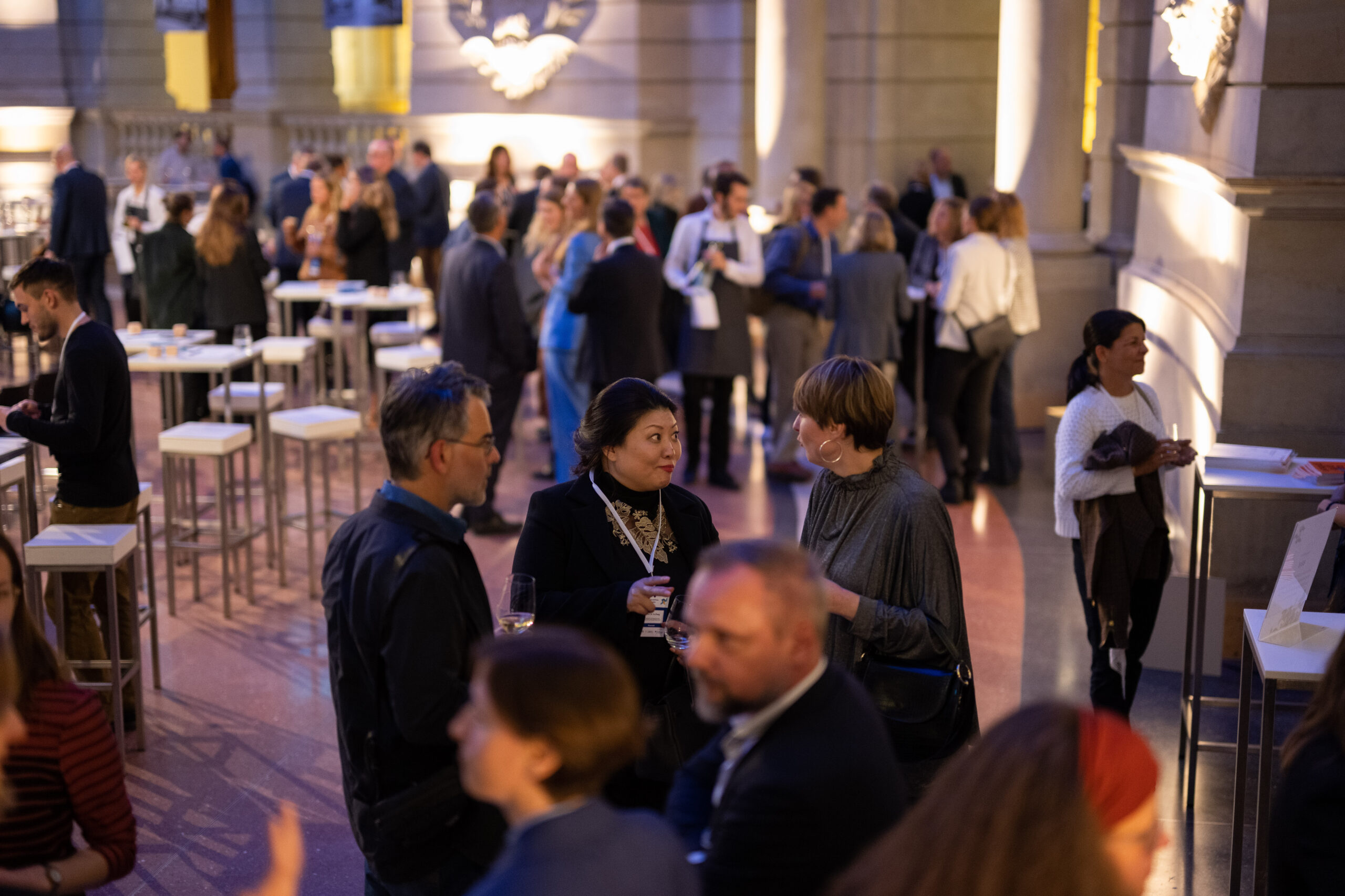
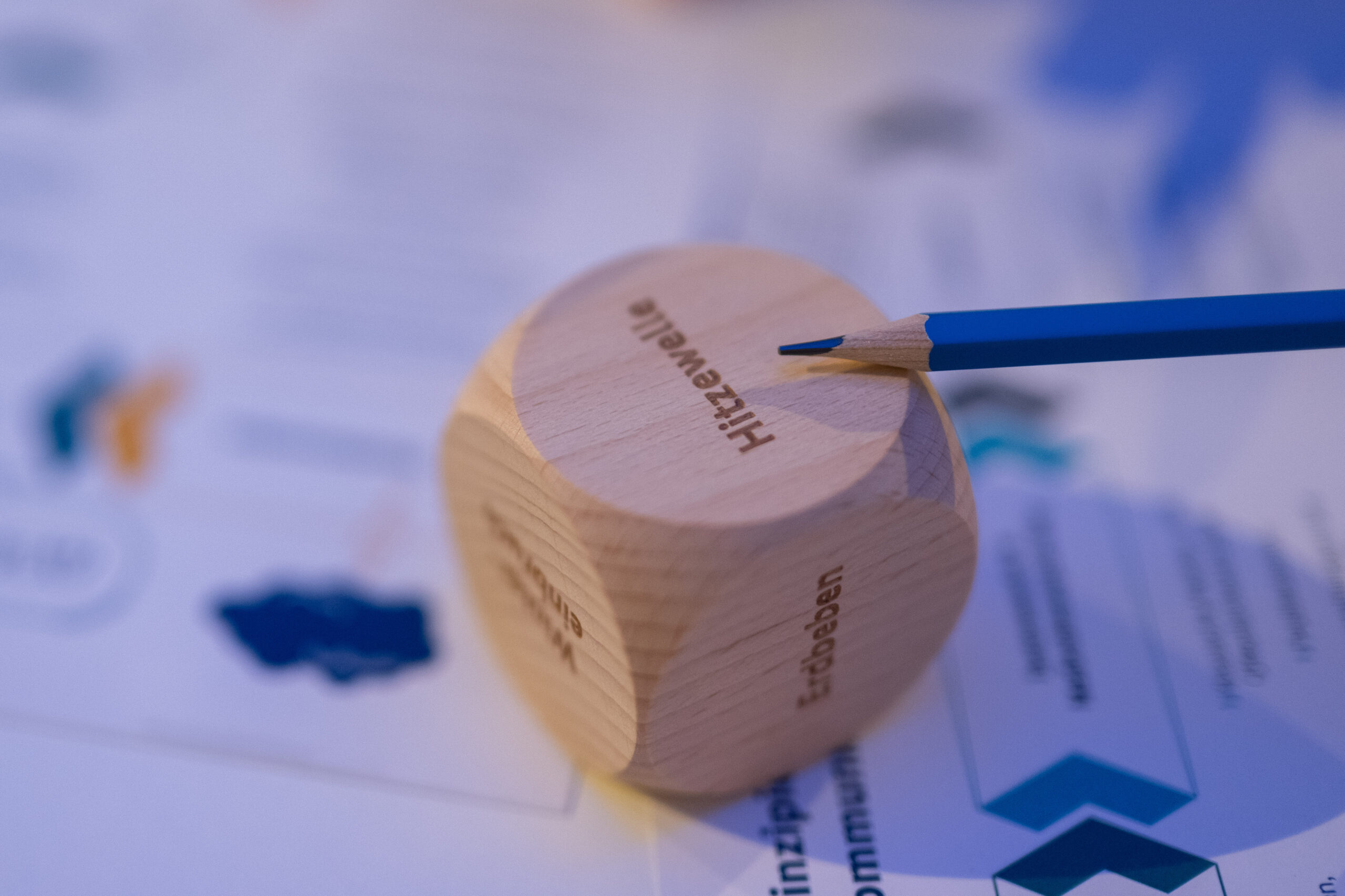
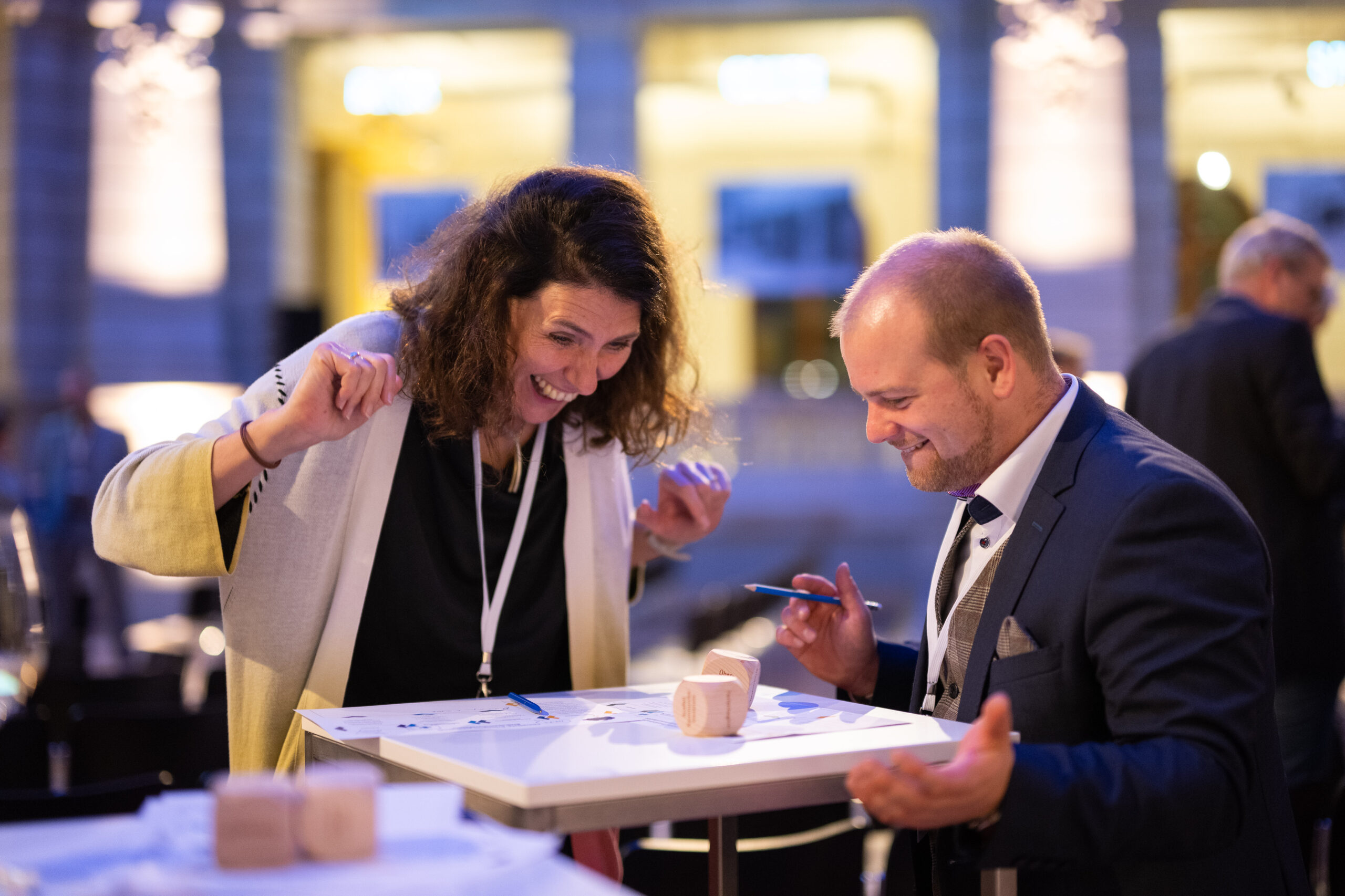
The official press release of the Parliamentary Evening from BfR can be found here.
current Information
No Results Found
The page you requested could not be found. Try refining your search, or use the navigation above to locate the post.
Weitere Links
News Flash from the Disaster Risk Management Knowledge Center
The European Commission’s Disaster Risk Management Knowledge Centre (DRMKC) has published the first Flash News edition of 2026, bringing together recent developments, publications, and tools from the European disaster risk management community. The edition strengthens...
ARTEMis project: Survey on warning and impact forecasting systems in disaster management
As part of the EU-funded Horizon project ARTEMis (AleRT and Impact-Forecast Standards for Emergency Management), the Fraunhofer Heinrich Hertz Institute (HHI) is currently conducting a Europe-wide survey among disaster and crisis management stakeholders. The aim of...
Risk | Resilience | Reaction: Watch the eighth Lunchtalk session now on YouTube
Under the motto “Tourism at Risk: Adapting Destinations to Climate and Disaster Challenges,” Dr. Bijan Khazai explains in the eighth session of the DKKV Lunchtalk series how climate and disaster risks are increasingly shaping the future of tourism and why resilience...




